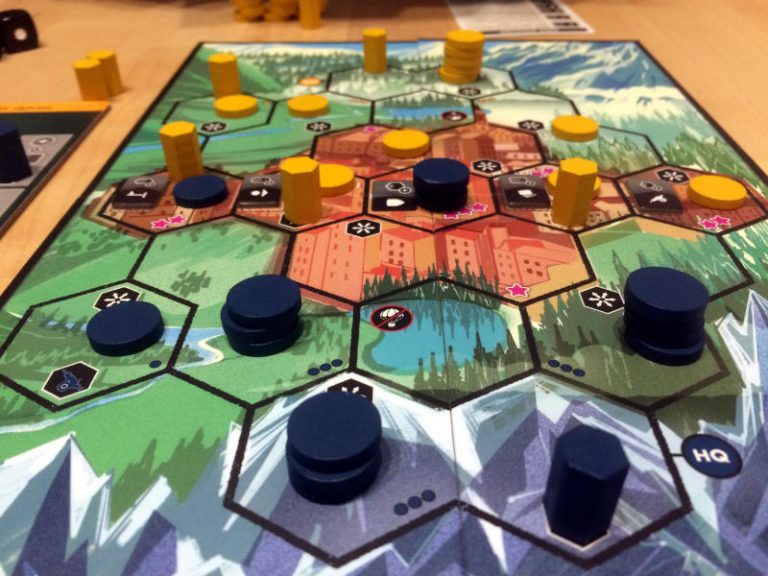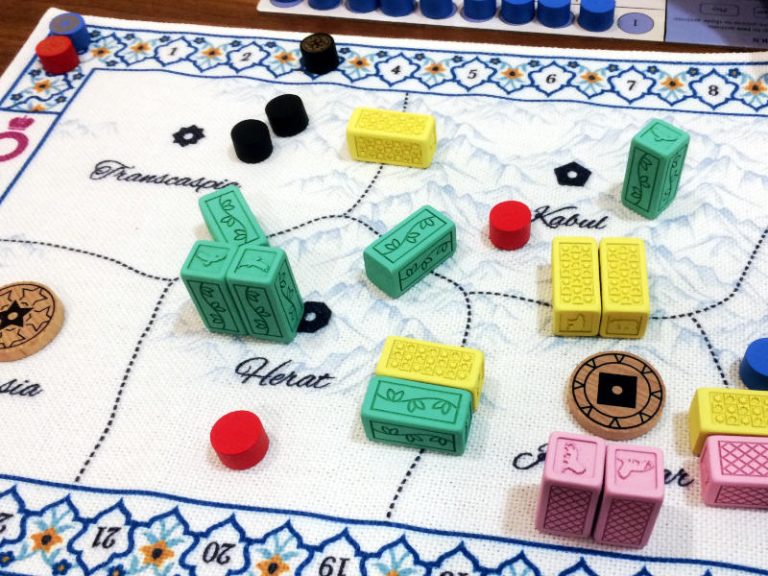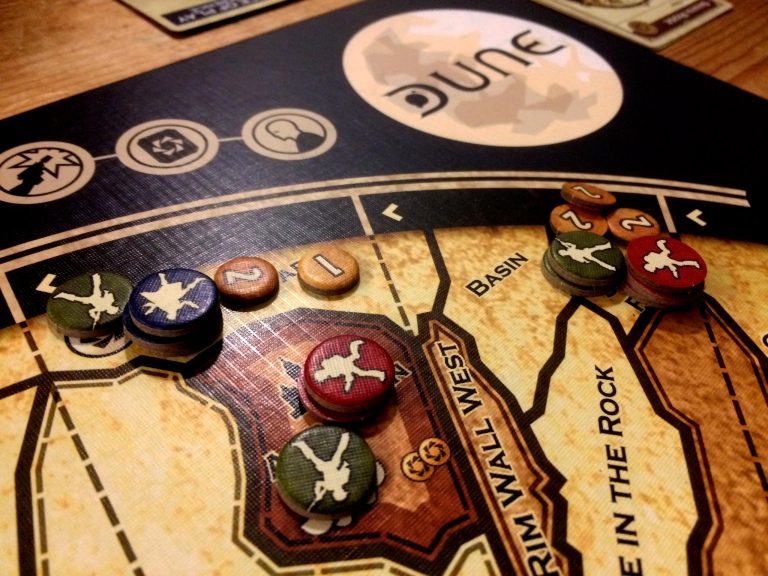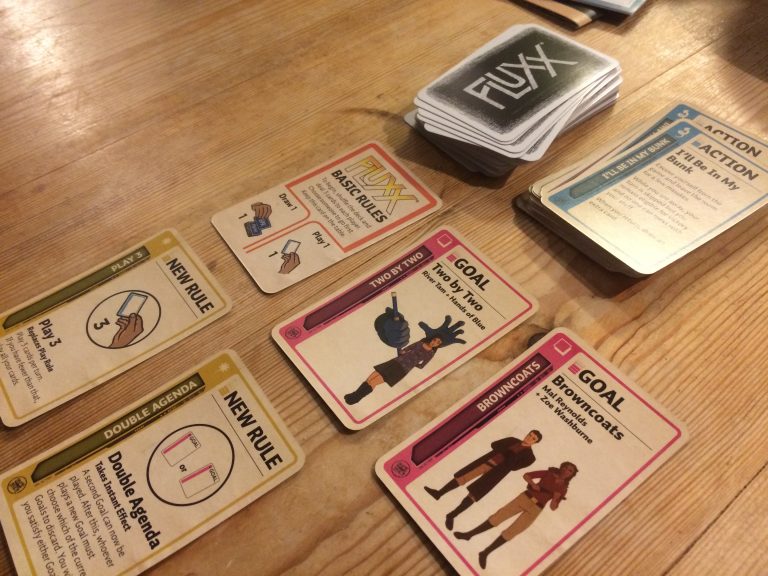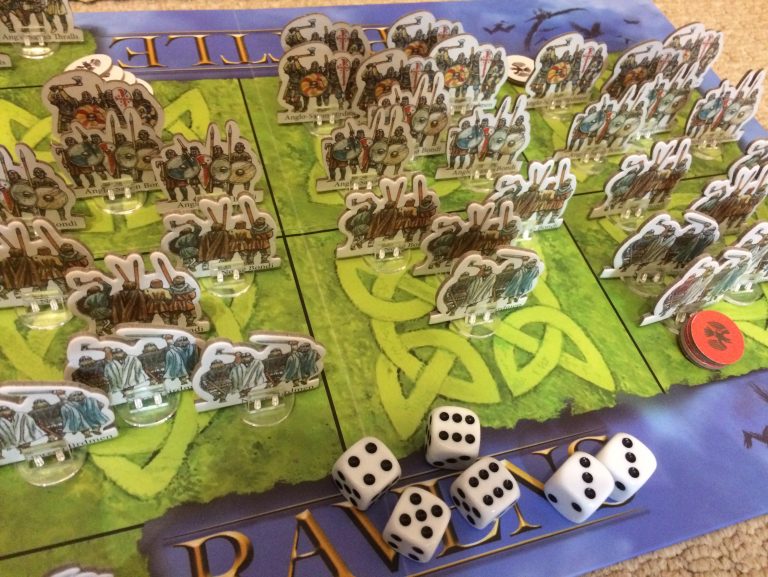Fatal Attractions – my fascination with historical games (Topic Discussion)
Historical simulation games, conflict simulation games or war games - call them what you will. There is certainly a huge following of this genre and there is an endless list of these games already on the market, with many more coming out each year. Many people are put off by the idea of replaying a real conflict from history, but of course, these types of games don't necessarily have to be about war, nor do they have to be set in history. In this article, I want to look at this genre of game and try and work out what it is that seems to attract me to it.



